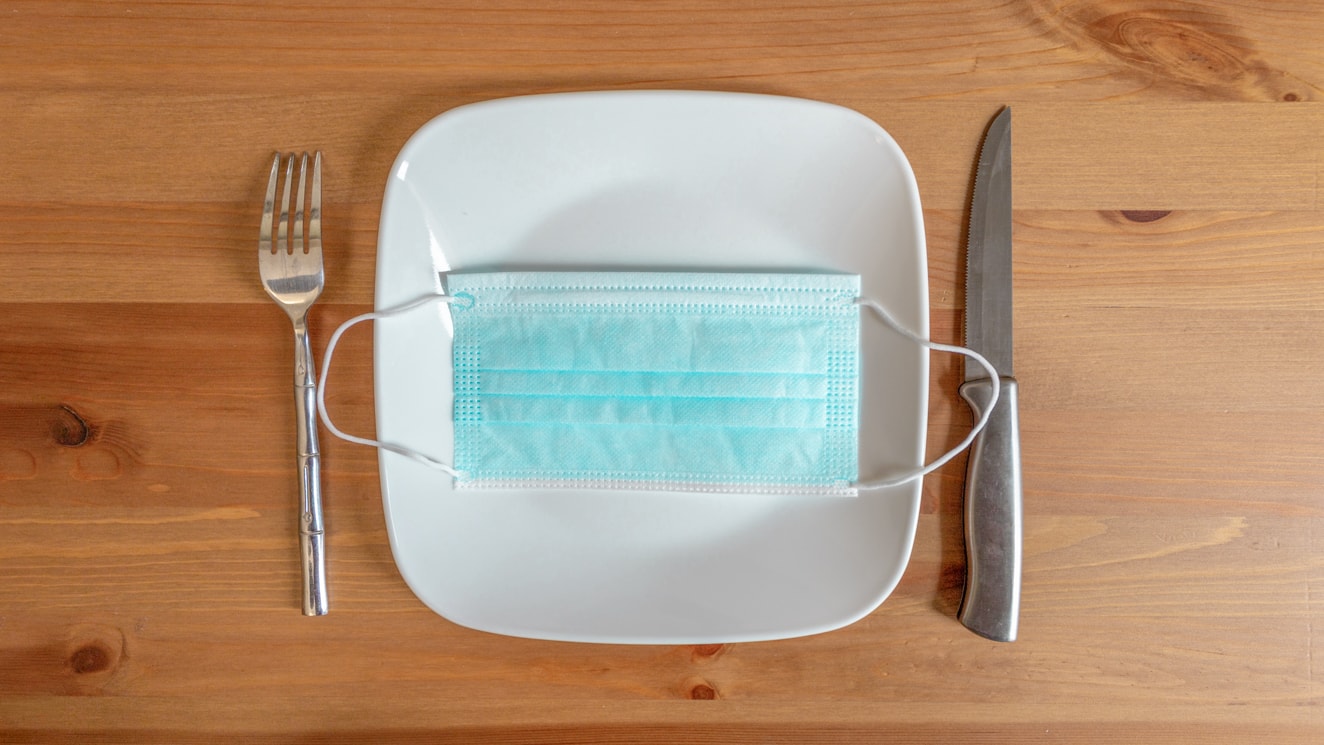

This past year and a half has been a an anxious time in all our lives. I know I’m not along here. There were many days, when by noon, I’d have checked Twitter 800 times. By 6pm, I felt jittery if I hadn’t already poured myself a glass of wine. Before I opened my news app, I’d hold my breath. It became a new learned reflex.
We have gotten used to a whole lot of uncertainty and suffering.
And yet.
Years ago, my therapist, Frank, taught me one little magical phrase to repeat to myself when the weight of the world feels too overwhelming: Don’t add suffering to the suffering. So I’ve been trying to keep this in mind.
Let me give an example. Last spring, when *all this* began, I often found myself complaining with fellow Mom-friends. It was so difficult to manage online learning, we said, and job insecurity, squabbling siblings, working from the bedroom/kitchen/bathroom, marital discord, and a terrifying, invisible virus unleashed in the world. We were at our wits’ end. We were depressed and exhausted and lonely.
And then, invariably, one of these moms would add: But I can’t really complain because in comparison to other people, I have it easy. That mom would then proceed to spend the next 20 minutes berating herself for even finding it hard in the first place.
What this friend meant, of course, was: I have food on the table. I can pay the rent or mortgage, I have a computer and wifi for my kids to do remote schooling, so I’m a monster for complaining.
Was her life easier than others? Absolutely. Is her new sheltering-in-place life easy? Not at all. Both can be true at once.
Frank’s point was: this is hard enough. Objectively hard, for everyone, in different ways. Why also feel bad about how it could be harder, or how it’s harder for others? Why actively make it harder with your mind alone? Frank would say to this mom: if this guilt spurs you to help others, that’s a positive and productive use of your feelings. But if you do nothing with them other than stew and wallow and spin out more, forget it. You’re just piling on. We have to resist the tendency to manufacture more suffering on top of the already sufficient load.
And I do this all the time myself! So do most of us, in big and small ways. I feel exhausted so I spend the evening watching TV — then I feel awful about having done that and beat myself up for “wasting” the evening. Or I’m having a hard time with a work assignment and rather than just say: this is really hard, I need help or more time, I say, What’s wrong with me that I can’t just get this done? I spiral into a black hole of shame and self-doubt and convince myself that I’m a useless human. When it’s pointed out, I can see how unnecessary it is. So I’ve been teaching myself to notice when I do this.
Some situations — and we are in one now — are hard enough. Perhaps it’s sufficient to just say, wow, this is hard. I’m having big feelings. I don’t need to *also* judge myself and beat myself up for having those feelings.
Now, whenever I find myself sinking into extra-suffering territory, I remind myself of Frank’s six simple words and I am better able to halt the onslaught. Don’t add suffering to the suffering. Give it a go?







